The counseling process for couples usually begins with what’s not working in your relationship—what led you to come in. Although I am an active participant in the conversation from the beginning, a big part of my job is to observe how you talk to each other as you describe your struggles.
Seeing what happens in my office can tell me a lot about what happens at home. For example, how and why does the conversation get off track, or lead to emotional reactivity or shutting down? Are you able to maintain some level of connection with each other when you’re upset? Are there bigger issues underneath the day-to-day problems? Are old wounds or patterns often trigger points for arguments? All of this becomes rich material for the counseling sessions.
It’s also part of my job to interrupt the conversation when it’s becoming unproductive or destructive and help each of you to calm down, eventually making sure that you’re able to do that emotional soothing for yourselves.
If the two of you have drifted apart through the years, the conversation may focus on what you remember about what first drew you together, or we may talk about the developmental history of your relationship. We can then explore what you’re willing to do to reconnect.
Over time—as in individual counseling—“open space” develops around the struggles in the relationship, making room to create something new. As you remember how to be curious and intensely interested in each other’s thoughts and feelings, you begin to shape a new vision of the relationship that includes what you both want in your future.
